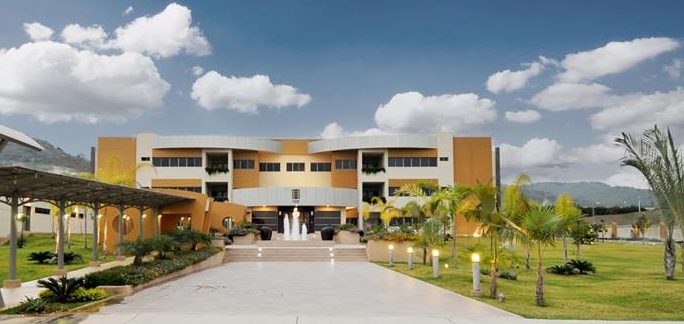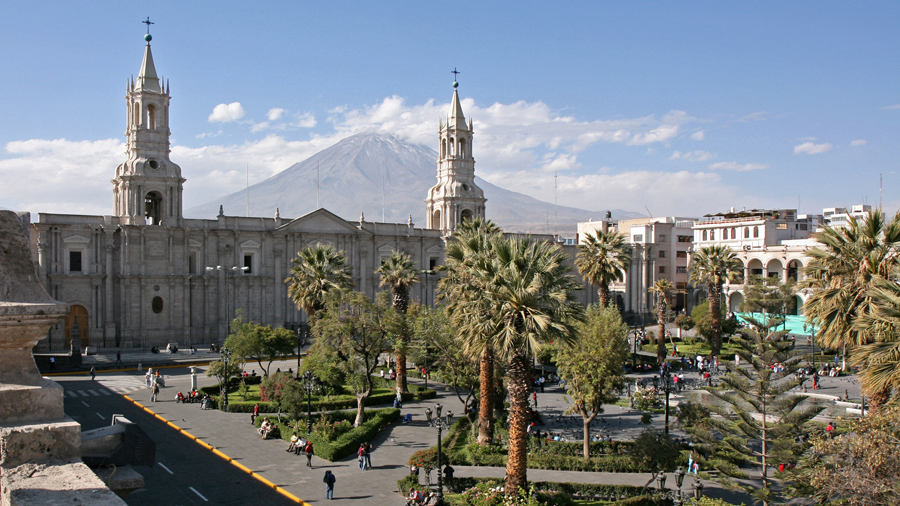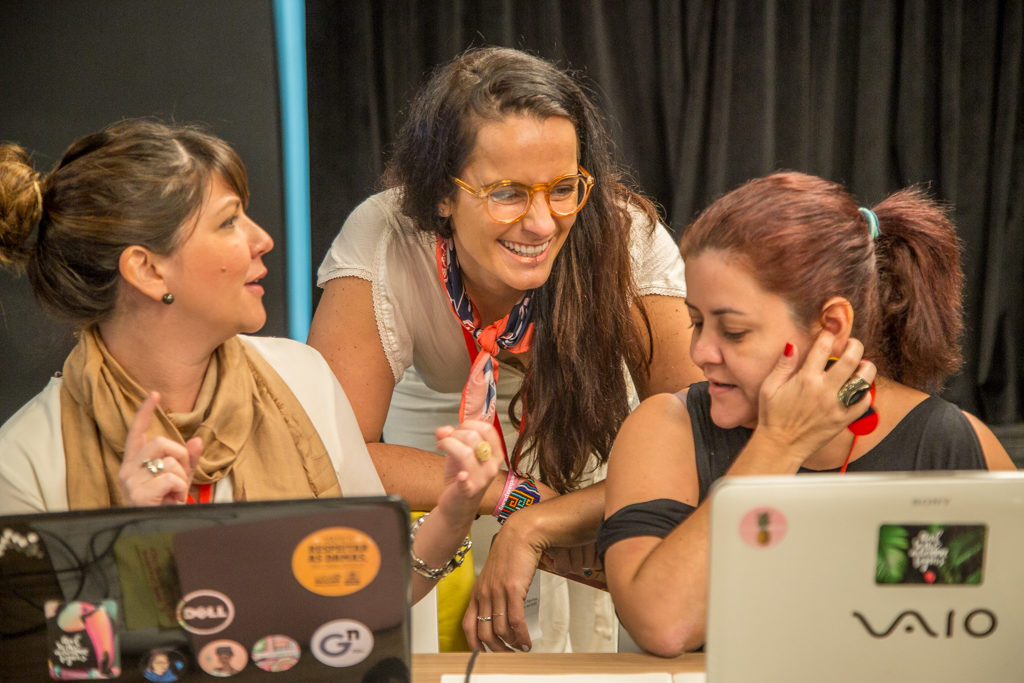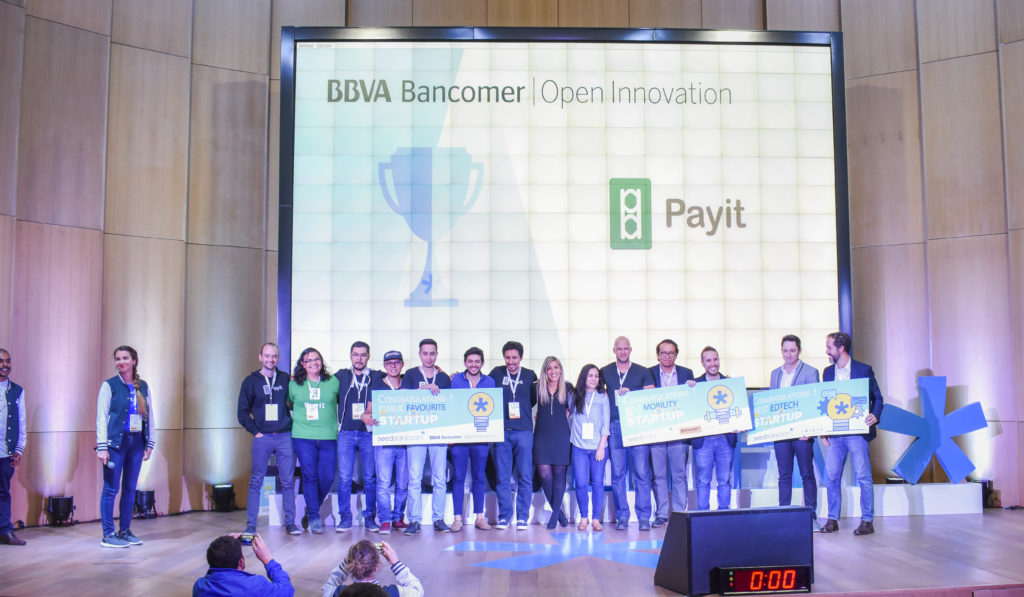Why is it important that Argentina is home to the world’s largest dinosaur and Colombia has launched its own satellite?
Because these are exactly the stories that will inspire the next generation of entrepreneurs, scientists and engineers in Latin America, according to the region’s science journalists.
All of last week in San Francisco, 78 Latin American journalists from 12 countries were part of a group of more than 1300 science journalists, editors and communicators at the World Conference of Science Journalists, put on by the World Federation of Science Journalists.
One of the official themes of the conference was how Latin America could tell stories that transcend national borders in the vast region, while maintaining a healthy ecosystem of media publications and cohort of journalists.
Telling their own stories
Latin America as a region represented more than 4.4% of the world’s annual output of scholarly papers in 2010, making up nearly 10% of Dentistry papers, nearly 11%, for Agricultural & Biological Sciences and about %12 of Veterinary research.
Despite this, Mexican science writer Emiliano Rodriguez Mega one of the speakers at the Ealy Workshop, part of the World Conference said only 7-8 US journalists report regularly on science in LatAm. This means that it’s largely up to Latin America to tell its own science and technology stories.
Media Landscape
The media landscape in Latin America varies incredibly when it comes to science and tech reporting. For example. El Mercurio, a daily newspaper from Chile employs 10 journalists and editors and has two entire pages of science, environment and technology coverage every day. Latam.tech itself is one of the newest players in English on the continent.
Organisations like the Mexican Science writers (Red Mexicana de Periodistas de Ciencia/RedMPC) have formed to connect journalists with each other and foundation-backed workshops like the Ealy Workshop aim to raise the level of journalism on the continent, particulary when it comes to science and technology.
Regional Challenges
In addition to a lack of resources and the challenges of covering such a large continent, there are other problems unique to Latin America.
At the conference, Argentine Science journalist Federico Kukso noted there is no Spanish translation for “full disclosure” as a concept. In this context, journalists seldom feel compelled to clarify their sponsors.
“It is important to increase professional and intellectual honesty, to inform [editors] if a company paid for the trip,” Kukso said. “We have to be honest because the credibility of journalism is our main value.”








